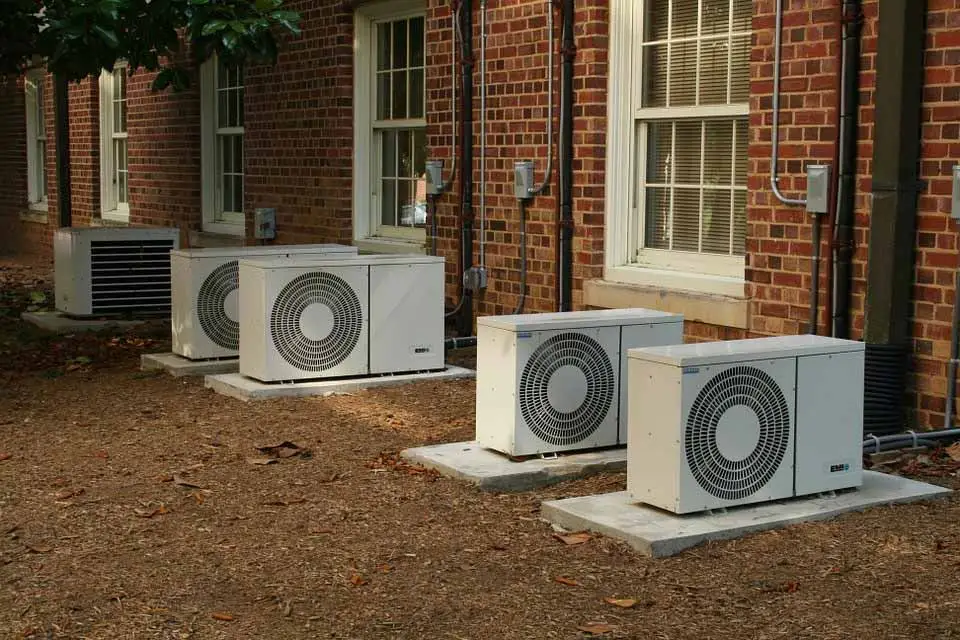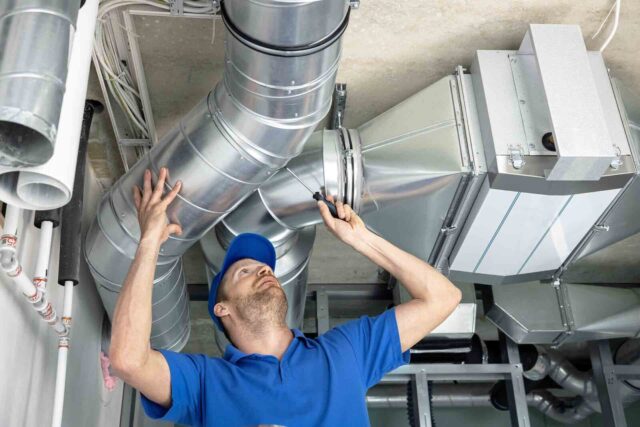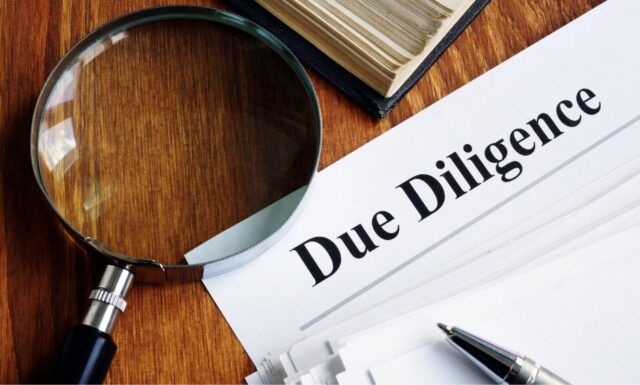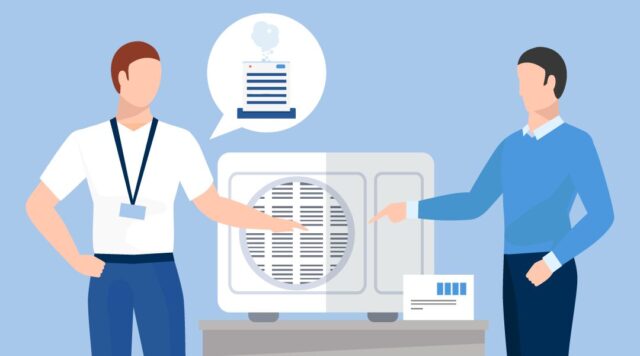
Selling an HVAC (Heating, Ventilation, and Air Conditioning) business can be a monumental decision for an owner, often driven by factors such as retirement, a shift in the market, or a desire to pursue other entrepreneurial endeavors. The specifics of the HVAC industry, coupled with evolving technological advancements and market demands, might prompt owners to cash in on their hard-earned investment and leverage years of growth and goodwill.
However, the process of selling an HVAC business is fraught with potential pitfalls and common mistakes that can significantly affect the success of the sale. These mistakes range from a lack of preparation and understanding of the true value of the business to choosing the wrong broker, neglecting legal compliance, and failing to perform due diligence. Understanding and conscientiously avoiding these common errors not only streamlines the sale process but also maximizes the potential returns, ensuring that both the seller and the buyer walk away from the table satisfied. By taking a closer look at these mistakes, this article aims to guide HVAC business owners towards a more successful and rewarding sale.

Lack of Preparation
Lack of preparation is one of the most detrimental mistakes that can be made when selling an HVAC business. This often begins with a failure to accurately understand the value of the business itself. Many owners may either overestimate or underestimate their company’s worth due to a lack of proper market analysis or emotional biases, leading to pricing that may not reflect the true market value. This discrepancy can result in unattractive offers from potential buyers or a loss of profits if the business is undervalued. Accurate valuation necessitates careful consideration of financial statements, assets, client relationships, market trends, and more, and might even require professional assistance.
Inadequate financial documentation is another common aspect of unpreparedness that can hinder the sale process. Having unclear or disorganized financial records can erode buyer confidence and cause delays during due diligence. Potential buyers usually require detailed financial information to assess the profitability and potential risks of the business. This includes, but is not limited to, income statements, balance sheets, cash flow statements, tax returns, and accounts receivable reports. Failure to have these essential documents organized and readily available can raise red flags and potentially derail a sale.
Choosing the Wrong Broker or Advisor
The choice of a broker or advisor is pivotal for selling an HVAC business. An experienced and knowledgeable HVAC broker plays a vital role in connecting sellers with qualified buyers, negotiating terms, and guiding the transaction to a successful conclusion. On the other hand, an unqualified or unethical broker can mishandle negotiations, overcharge for services, or even compromise confidential business information. Their lack of industry-specific expertise may also lead to an inadequate valuation of the business, either setting the price too high, which can deter potential buyers, or too low, leading to a loss of potential profits.
Selecting the right broker requires careful consideration and due diligence. It’s important to evaluate their track record, understand their fee structure, and ensure they have experience specifically with HVAC business sales. Asking for references and speaking with past clients can provide valuable insights into their professionalism and effectiveness.

Legal and Compliance Mistakes
Legal and compliance mistakes can create significant roadblocks in the sale of an HVAC business and may even lead to legal disputes post-sale. Many business owners underestimate the complexity of legal agreements involved in a sale, such as non-disclosure agreements, purchase agreements, or non-compete clauses. Mistakes in drafting these documents can create ambiguities, potentially leading to misunderstandings or legal challenges. Engaging experienced legal counsel familiar with the HVAC industry ensures that all legal aspects of the sale are handled correctly, protecting both parties’ interests.
Another crucial aspect of legal compliance is adhering to the various regulations and licensing requirements specific to the HVAC industry. Overlooking necessary regulations, certifications, or failing to transfer licenses properly can cause significant delays or even render the sale void. Regulatory bodies may have specific guidelines and processes for transferring business ownership, and ignoring these can lead to non-compliance penalties. Both the seller and buyer must be clear about the regulatory field and work together to ensure that all legal and compliance obligations are met.
Neglecting Due Diligence
Due diligence is the comprehensive assessment undertaken by the buyer to evaluate a business’s assets, liabilities, financial performance, market position, legal compliance, and other critical aspects. Failing to allow or properly prepare for due diligence can signal a lack of transparency or raise concerns about the legitimacy of the business. It may lead to mistrust and ultimately cause potential buyers to withdraw from the sale. Sellers must be ready to provide access to all necessary information and cooperate fully during this process to build confidence and move forward successfully.
The buyer’s neglect in performing thorough due diligence can also result in unexpected liabilities or uncover issues after the sale, leading to financial loss or legal disputes. Understanding every facet of the HVAC business, from its financial health to customer contracts and employee agreements, is essential. A proper due diligence process not only uncovers potential red flags but also offers a clear picture of what is being purchased, allowing both parties to negotiate fair terms. Both sellers and buyers must approach due diligence with care and thoroughness to ensure a smooth and transparent transaction.

Selling an HVAC business is a complex and nuanced process that requires careful attention to a multitude of factors, ranging from proper preparation to legal compliance to thorough due diligence. Avoiding common mistakes, such as choosing the wrong broker or neglecting legal responsibilities, is paramount to achieving a successful sale. By understanding these potential pitfalls and proactively addressing them, business owners can pave the way for a smooth and rewarding transaction that benefits both the seller and the buyer.









